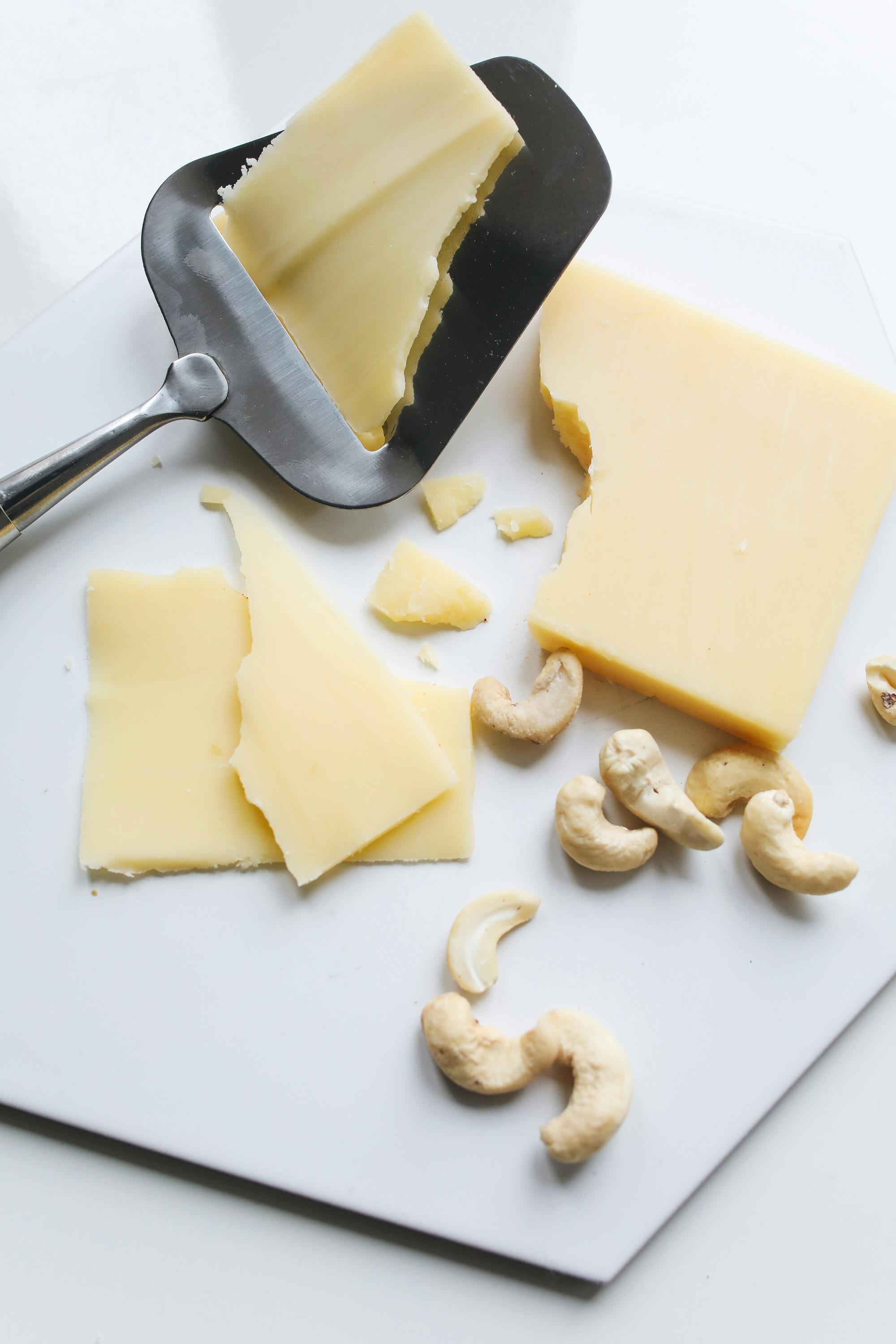
Effective Ways to Improve Your Interstitial Cystitis Diet in 2025: Discover the Best Foods for Relief
Managing interstitial cystitis (IC) effectively often begins with understanding how to structure your interstitial cystitis diet. Diet plays a critical role in alleviating interstitial cystitis symptoms and promoting bladder health. In this article, we will explore the best foods for interstitial cystitis, hydration strategies, and practical diet tips to help you manage this challenging condition in 2025.
Understanding Interstitial Cystitis and Its Triggers
Before diving into the specifics of a diet for interstitial cystitis, it is essential to understand what the condition entails and how dietary choices impact bladder inflammation. Managing IC through diet begins with recognizing potential triggers. Foods high in acidity, spices, or artificial ingredients can aggravate bladder discomfort for individuals suffering from IC.
Identifying IC Triggers
Understanding the *triggers* that can worsen your symptoms is crucial. Common irritants include caffeine, alcohol, and acidic foods like citrus fruits and tomatoes. Keeping a bladder diary can help you track which foods correlate with flare-ups of symptoms like pelvic pain and frequent urination. Identifying dietary triggers helps you to craft a low acid foods list that suits your individual needs.
Foods to Avoid with IC
Not all foods are created equal when it comes to managing interstitial cystitis. It's best to avoid foods that are known to be bladder irritants. This includes caffeine-containing beverages, spicy foods, artificial sweeteners, and acidic fruits. Instead, focusing on incorporating an anti-inflammatory diet can aid in minimizing bladder inflammation and improving overall well-being.
Best Foods for Interstitial Cystitis Relief
Now that we understand the triggers, let's delve into the best foods for interstitial cystitis. It’s important to incorporate a range of healing foods for the bladder that provide essential nutrients without aggravating symptoms.
Incorporating Low Acid Foods
Low acid foods are a cornerstone of a successful interstitial cystitis diet. Foods like oatmeal, bananas, and sweet potatoes not only help with soothing the bladder but also have beneficial nutritional properties. Consider meal planning that prioritizes these items, as they may enhance your overall comfort. Remember to always check nutrition labels to ensure you're avoiding hidden irritants.
The Importance of Hydration for Bladder Health
Staying hydrated is fundamental when managing IC. Adequate fluid intake helps dilute urine, which can lessen bladder irritation. Focus on staying aware of hydration strategies that suit your lifestyle. Water is preferable; however, herbal teas can also provide hydration without aggravating symptoms. Aim to consume at least 64 ounces (about 2 liters) of fluids a day, adjusting based on your activity levels and output.
Meal Planning for Interstitial Cystitis
Meal planning can transform your approach to managing IC. By preparing meals centered around IC-friendly ingredients, you can save time, ensure compliance with dietary restrictions, and reduce the chance of impulsive eating of irritating foods.
Creating Bladder-Friendly Snacks
Snacking thoughtfully is essential for those with IC. Preparing IC friendly snacks, such as unsweetened yogurt with honey or rice cakes topped with almond butter, can help keep hunger at bay while managing symptoms. Focus on snacks rich in nutrients and low in irritants for optimal health.
Meal Timing and Frequency
Thinking about meal timing can also play a crucial role in managing interstitial cystitis. Smaller, more frequent meals can help regulate the digestive system and prevent bladder irritation, as larger meals might lead to immediate discomfort. Consider spreading your intake throughout the day to maintain energy and minimize discomfort.
Supplementing for Bladder Health
In some cases, dietary supplements may be beneficial for those navigating the challenges of IC. While focusing on the foods you eat, it's also important to understand the role of probiotics for bladder health and other supplements that may alleviate symptoms.
Understanding Probiotics and Their Benefits
Probiotics can offer support for gut health, which is intrinsically linked to bladder health. Including probiotic-rich foods such as kefir or sauerkraut can positively influence your microbiome. This, in turn, may improve your body's management of inflammation and bladder irritation.
Holistic Approaches and Mind-Body Connection in IC
Furthermore, adopting a holistic perspective on interstitial cystitis can be helpful. Practices such as pelvic floor therapy, stress management techniques, and even meditation can contribute positively to overall health and may help with chronic pain associated with IC. Recognizing the psychological aspects tied to living with IC can aid in developing effective coping strategies.
Key Takeaways
- Identify and avoid common triggers that worsen IC symptoms.
- Incorporate a variety of low acid foods into your cooking.
- Focus on hydration strategies to keep the bladder healthy.
- Plan meals and snacks to give yourself structure and reduce reliance on harmful foods.
- Consider probiotics and holistic approaches as part of your overall health strategy.
FAQ
1. What are the main foods to avoid with interstitial cystitis?
Patients with IC should avoid foods known to be bladder irritants, such as caffeine, alcohol, acidic fruits, and spicy foods. Identifying personal triggers through a bladder diary can further aid in dietary management.
2. How does hydration help with interstitial cystitis symptoms?
Proper hydration helps dilute urine, reducing bladder irritation. Incorporating a healthy amount of water and considering hydration from herbal teas can provide relief while supporting overall bladder health.
3. Are there specific supplements beneficial for interstitial cystitis?
Yes, including probiotics and vitamin D can support gut and bladder health. Consulting with a healthcare provider about tailored dietary supplements for IC can help optimize your approach.
4. What strategies can help indicate beneficial dietary changes?
Utilizing a bladder diary can be effective in tracking foods relative to symptoms. This can provide a clearer path towards personalized dietary habits that both alleviate discomfort and improve lifestyle.
5. What types of snacks are considered safe for someone with interstitial cystitis?
Safe IC friendly snacks include unsweetened yogurt, rice cakes topped with nut butter, and sliced vegetables. Aim to keep snacks balanced and avoid common irritants.
6. How can one create an interstitial cystitis-friendly meal plan?
Start by identifying low-acid and non-irritating foods. Plan meals around these ingredients while ensuring variety. Consider consulting with a dietitian specialized in nutritional therapy for IC for tailored guidance.
7. How do holistic approaches impact living with interstitial cystitis?
Embracing a holistic approach includes considering **mind-body connections** and implementing stress management, which can significantly affect symptom management and overall quality of life with IC.

